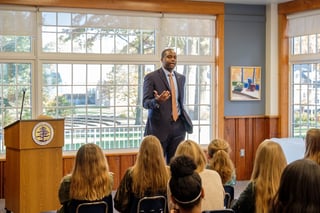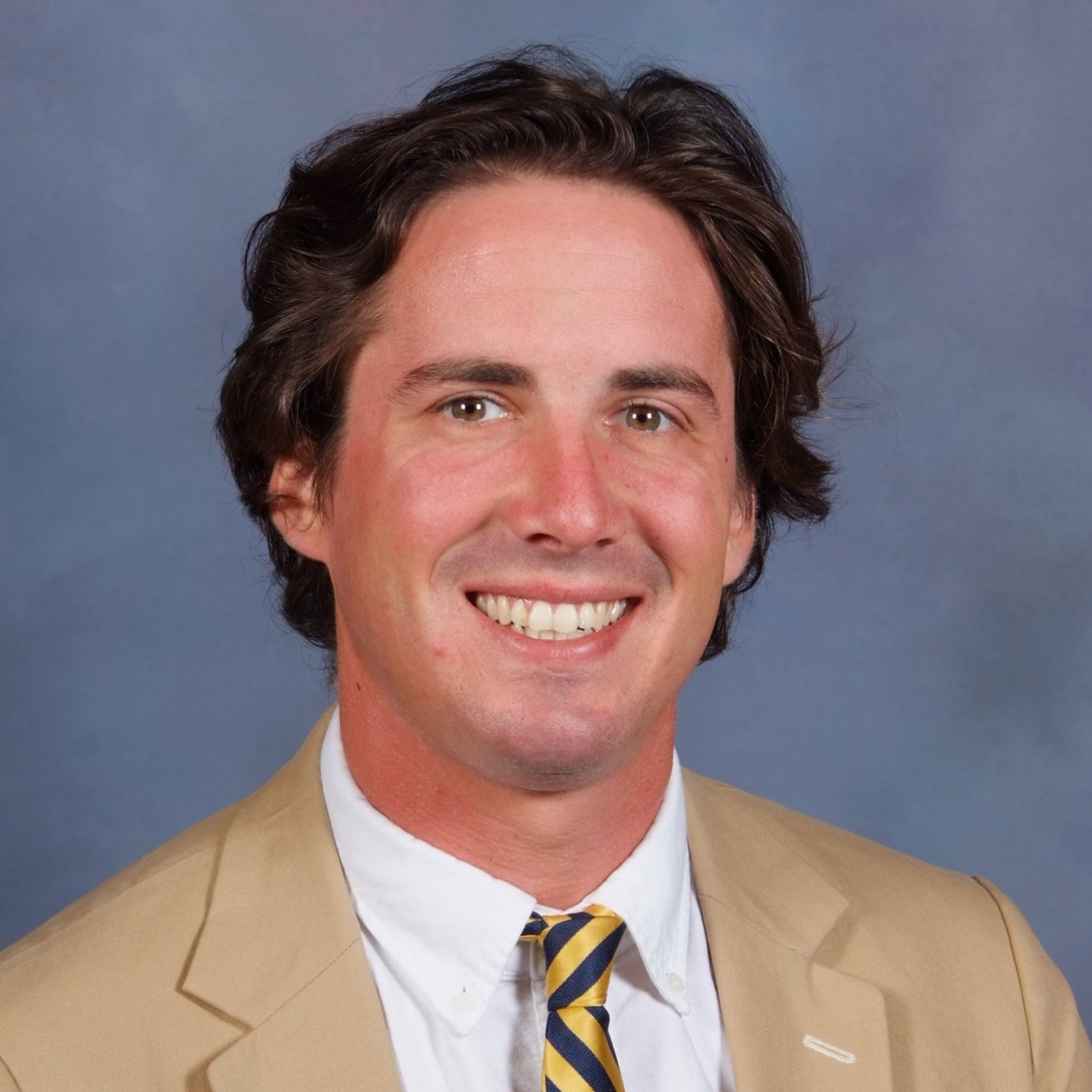
As any former adolescent can tell you, teenagers can be defiant at times. This resistance often comes from being constantly told what they can and can't do. We are evolutionarily wired to push the boundaries during adolescence, when, more often than not, we hear “You can’t do that!” rather than more positive enforcers. The article, "Can Teenage Defiance Be Manipulated for Good?", supports that defiance can be harnessed in a way that allows for enlightening learning opportunities and avenues for inquiry.
I try to keep this in mind while planning how to teach To Kill a Mockingbird, the story of young siblings coming to grips with the hypocrisy and racial injustice of their small Southern town. Students become more engaged when the Tom Robinson plotline is introduced. The obvious facts behind the case point towards a not guilty verdict, which are ignored by the all-white jury. This clear miscarriage of justice is tough for my students to wrap their heads around. How can this happen in the United States, where, as Atticus Finch states in his closing argument, “All men are created equal”?
This question then leads to
Utilizing literature as a window (to see another world) or a mirror (to see ourselves) is an effective way to teach compassion and empathy to our students, regardless of their personal advantages. Dealing with the grave injustices many characters face in literature can allow students to relate to that experience despite not necessarily sharing in gender, color, sexuality, or social class. By harnessing natural teenage defiance and coupling it with the knowledge of modern-day inequities, we are challenging students to confront the responsibility of doing something about it.
At Sanford, we value teaching diversity, equity, and inclusion. We foster, respect, and celebrate the differences and experiences of all people. Find out more about Sanford at www.sanfordschool.org.
Max Schneider is a seventh and eighth-grade English teacher at Sanford. Before coming to Sanford, he earned his graduate degree in Teaching from the University of Pittsburgh, where he was selected as an Urban Fellow, a precursor to the Heinz Fellows Program at the Center for Urban Education.









